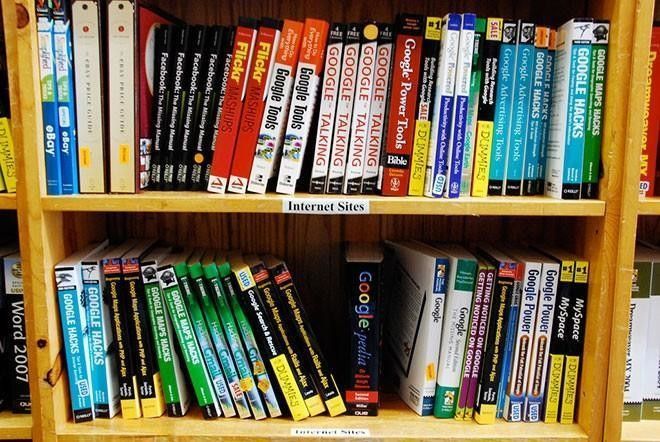1. GO BIG.

To sell a book, you have to write one, or at least have a great pitch. Fiction sells on the strength of a completed manuscript, while nonfiction sells on the strength of a proposal (you can find examples online). Be it fiction or nonfiction, a major editor at one of publishing’s “Big Five” houses explains that major books attract attention: “It’s a question of scope—what range of human emotion does it cover? Does it attempt to say something larger about the human condition while also telling a personal story?"
2. PROCURE AN AGENT.

Once you finish a manuscript or proposal, find an agent to sell your book. “It often involves being connected through a third party,” says a former literary agency employee. But you don’t have to know someone—you can always cold query an agent. Reach out to one who has a track record selling the kind of book you’re writing. Reading Publishers Lunch, an industry website that’s updated several times a day, can help you find agents who sell your genre.
3. BUILD YOUR PROFILE.

Everyone we talked to agreed: Your viability as an author isn’t exclusively hinged on your writing. Whether it’s completing a regarded MFA program or helming a beloved Twitter account, the options for establishing credibility (and attracting the industry’s attention) are wider than ever. And after your book comes out, it helps to be close to the press. “I always tell young writers it’s beneficial to be in New York a few months before and after their book publishes. It makes a big difference,” one novelist says.
4. GET THE RIGHT DEAL.

If an agent signs on, she’ll shop your book to editors. “I’ve signed people after attending readings and hearing something really great. That has resulted in a couple of book deals,” one editor says. If multiple editors want your book, they’ll compete for it in a round-robin auction topped by a blind final bid. To determine what to pay at auctions, “we try to look at sales figures of similar books, books that seem comparable to us, especially those that we’ve done before,” the editor says.
5. MAINTAIN EXPECTATIONS.

Publishing a book is not a get-rich-quick scheme. The house might not even recoup its advance on your book— according to one agent, 60 to 70 percent of books don’t. Popularity can also be illusory. The New York Times bestseller list doesn’t chart total sales but rather sales growth and other stats. And Amazon’s bestseller list functions like a heat map. “If you sell 5000 copies of something and it’s your debut, you’re OK. It’s slow, but you’re not doomed,” one agent says.
6. STAY COMMITTED.

Whatever you do, keep writing and be in it for the long haul. An editor explains: “I ask myself: Is this person committed to being an author? Are they going to, in another couple of years, have something else that we’re going to want to publish?” The road to landing in a bookstore is tough and winding, but as long as you learn to love the entire publishing process—victories, rejections, and everything in between—you’re going to give yourself a decent chance.

